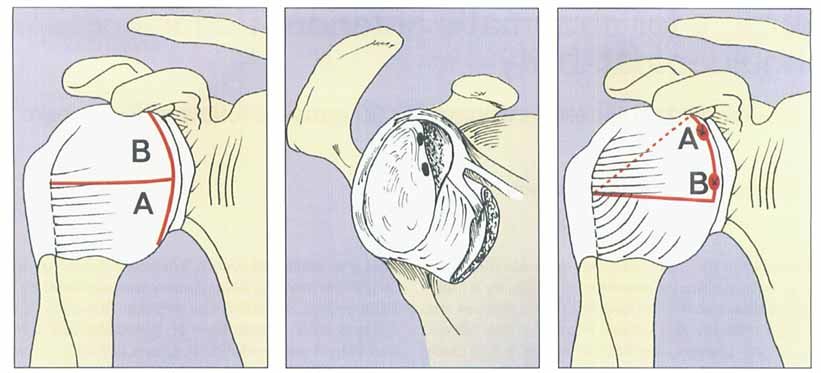What is capsula ?
The term "capsula" is not a common term in English, and its meaning may vary depending on the context. However, in medical or anatomical contexts, "capsula" is the Latin word for "capsule," and it typically refers to a structure that encloses or surrounds another structure in the body. Here are a few examples of how "capsula" or "capsule" may be used in medical or anatomical discussions:
-
Joint Capsule: A joint capsule is a fibrous structure that surrounds the joint and provides stability. It is composed of ligaments and a synovial membrane that produces synovial fluid, which lubricates the joint.
-
Glomerular Capsule:
In the kidney, the glomerular capsule, also known as Bowman's capsule, is a double-walled cup-like structure that surrounds the glomerulus, a network of capillaries involved in the filtration of blood to form urine.
-
Lens Capsule:
The lens capsule is a transparent and elastic membrane that encloses the crystalline lens of the eye. It helps maintain the lens's shape and allows it to focus on objects.
-
Adrenal Capsule:
The adrenal glands have an outer layer called the adrenal capsule, which is made up of connective tissue and separates the adrenal cortex from the adrenal medulla.
-
Prostate Capsule:
In the male reproductive system, the prostate gland is surrounded by a fibrous capsule that separates it from surrounding tissues.
These are just a few examples of structures referred to as "capsules" in the human body. The term is used to describe various protective or enclosing structures in different anatomical contexts. The specific meaning of "capsula" or "capsule" will depend on the particular area of the body or medical discipline under discussion.

